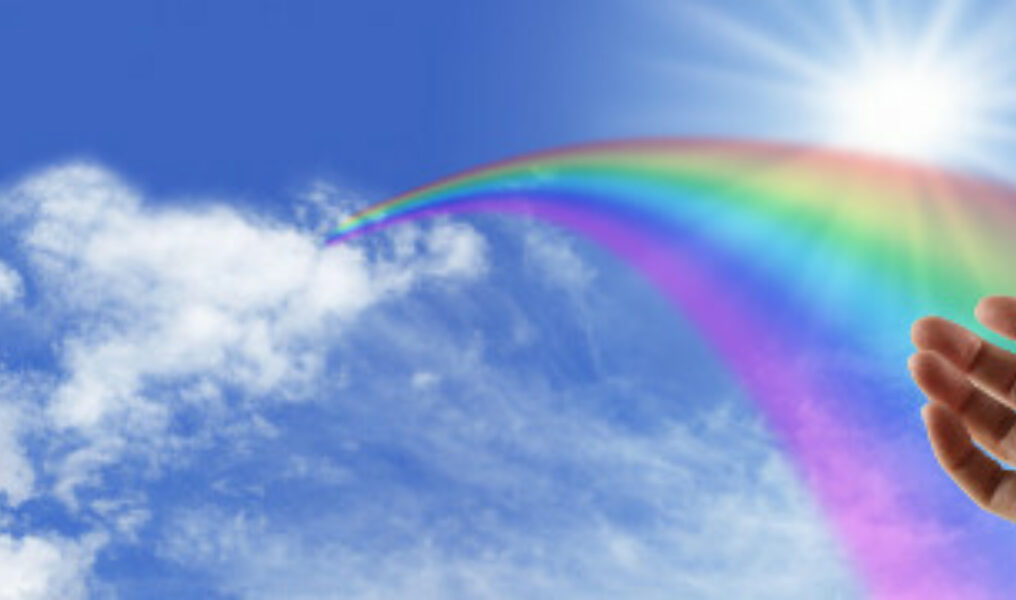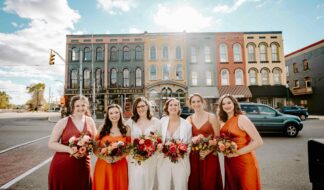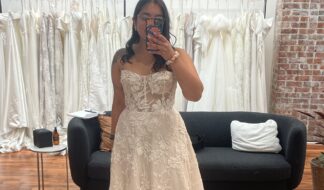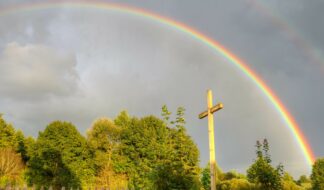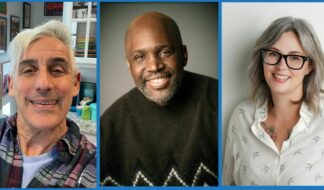Being LGBTQ in Christian America
By JONATHAN W. THURSTON
Being gay and being Christian are often considered two very separate things. After all, the Westboro Baptist Church's motto is "God Hates Fags," and many gay men, at least from this journalist's experience, are often atheist. But what is the true connect between sexuality and religion? Are there more gay Christians than one might think? Can one be gay and Christian?
This year, the Public Religion Research Institute (PRRI) sought to answer some of these questions – from at least a statistical background – in their September report, "America's Changing Religious Identity."
This report is unique in that it is the largest survey of religious identity in America ever, surveying over 101,000 people over all 50 states.
Here are a few fun facts from the report:
"LGBT Americans are far less likely to identify with any religious group than the public as a whole. Nearly half (46 percent) of Americans who identify as lesbian, gay, bisexual, or transgender are religiously unaffiliated. This is roughly twice the number of Americans overall (24 percent) who are religiously unaffiliated."
"Fewer identify as Christian. Only six percent of LGBT Americans are white evangelical Protestant, while similar numbers identify as white mainline Protestant (8 percent) and white Catholic (6 percent). Fewer than one in ten identify as black Protestant (6 percent), Hispanic Catholic (5 percent), or Hispanic Protestant (3 percent)."
"There are stark generational differences among LGBT Americans in their religious identity. A majority (56 percent) of LGBT young adults (age 18 to 29) are religiously unaffiliated, compared to one-quarter (25 percent) of LGBT seniors (age 65 or older). Notably, Buddhists and Unitarian-Universalists have a much higher proportion of LGBT members than other religious traditions. One in seven Buddhists (14 percent) and Unitarian-Universalists (14 percent) identify as LGBT."
Dr. Robert P. Jones, CEO of PRRI and author of "The End of White Christian America," spoke to us about his findings. The report, he claims, had really humble beginnings. "What we do here at PRRI is pay really close attention to the rather tectonic changes that are occurring in the American religious identity and culture."
He notes that one of the surprising aspects of the study has been the widespread religious decline. "White Christians are declining, and we see a decrease in Christians who are religiously affiliated. But there were some statistics that really stood out to us. One of them was that there's been a lot of discussion about decline among white mainline Protestants, and to a lesser extent, white Catholics. But we really noted that white Evangelical Protestants are shrinking as well, and so that's something that I think has not been part of the narrative."
Jim Toy, the secretary of Oasis TBLG Outreach Ministry, Episcopal Diocese of Michigan and co-founder and board member of Inclusive Justice Michigan, spoke to BTL about his thoughts on the PRRI report. He notes the decrease in religious affiliation with young people.
"I think clearly discrimination and prejudice has certainly pushed many people I know of all ages, especially young people who tend to be skeptical anyway, of what their parents and grandparents saw is in the normative so it's natural to be skeptical of that."
– Rev. Bode attributes discrimination on the mores of past generations.
"My sense," Toy says, "is that in the U.S. we are becoming more and more of a secularized society overall." In his line of work, he focuses on people who come from religious affiliations of course, but he notices clear efforts for LGBT inclusion: "Overall, the people up here, up north, the ones who are religiously affiliated are affiliated with a religion that is more accepting as opposed to one that's not."
Another local figure, Rev. Matthew Bode, pastor for 15 years with Detroit Cooperative Parish, had this to say about the report. "The people I deal with are more likely to be attached to a faith community or have a sense of religion and spirituality that they identify with. They may not practice it the way they want because of issues with discrimination in the face of the community that they come from, but in my experience, even in our community, that's not the case now."
Rev. Bode attributes much of that discrimination on the mores of past generations. "I think clearly discrimination and prejudice has certainly pushed many people I know of all ages, especially young people who tend to be skeptical anyway, of what their parents and grandparents saw is in the normative so it's natural to be skeptical of that."
Rev. Ric Beattie of Unity of Royal Oak has mostly positive thoughts about the future of LGBT and loves having that inclusivity in his own church even. "I look back at the rate of change," Rev. Beattie says, "and I see young men and women coming to me and others to get married, or having children, and in my day we were trying not to get caught. We were trying not to get outed, or to lose our jobs. Where I grew up was not the most gay-friendly place. So, I love this change that's happening!"
At the end of the day, we live in a country with an amazing freedom of religious identity and expression. Wherever one finds solace and comfort should always be a place of security and inclusion. If anything, the above sources offer that inclusion to those who are LGBT and need that safe space to worship and pray. At the end of the day, maybe God does love gays after all.
